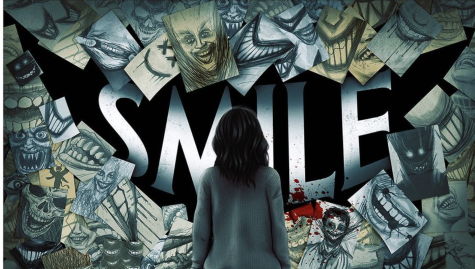You can’t pick your family
Family: everyone is familiar with the cliché’ saying “you can pick your friends, but you can’t pick your family.” Despite the overuse that has rendered this expression dull, sometimes nothing could be closer to the truth.

Such is the theme in This is Where I Leave You. Jason Bateman plays Judd Altman, who, at the start of the film, catches his wife sleeping with his boss and only months later is informed that his father has died and requested a Jewish style wake called a shiva (despite his father not being Jewish), subsequently forcing him to rebond with his family.
As he awkwardly sits the first day of shiva with his two brothers (Adam Driver and Corey Stoll), one sister (Tina Fey) and his mother (Jane Fonda), the nauseating sense of misery and reluctance is peaking.
Yet this tension is soon relieved by the comical flinging of feces by Judd’s little nephew. This device is used often throughout the movie, which goes like this: we feel the tension of the unique set of issues each character struggles with, we get the sense that these struggles truly impact their lives, and then when things seem like they couldn’t be worse, family comes to the rescue; the effect is heartwarming.
The impressively smooth transition from character interaction in each scene creates the necessary fluidity to allow such a device to work; in other words, the film does well balancing these characters’ hardships to prevent it becoming stagnant.
Still, the movie centers on Judd as he has yet to tell his family (except for his sister) that he is going through a divorce (see this post) on top of this family dilemma.
What’s remarkable is how we forget that these siblings are together in the first place because of the death of their father, but as we look past the surface of things and the love that these people have for each other is shown, we are reminded by a most visceral memory we can all relate to.
This movie captivates the essence of family in a touching, realistic way that virtually everyone can relate to.







